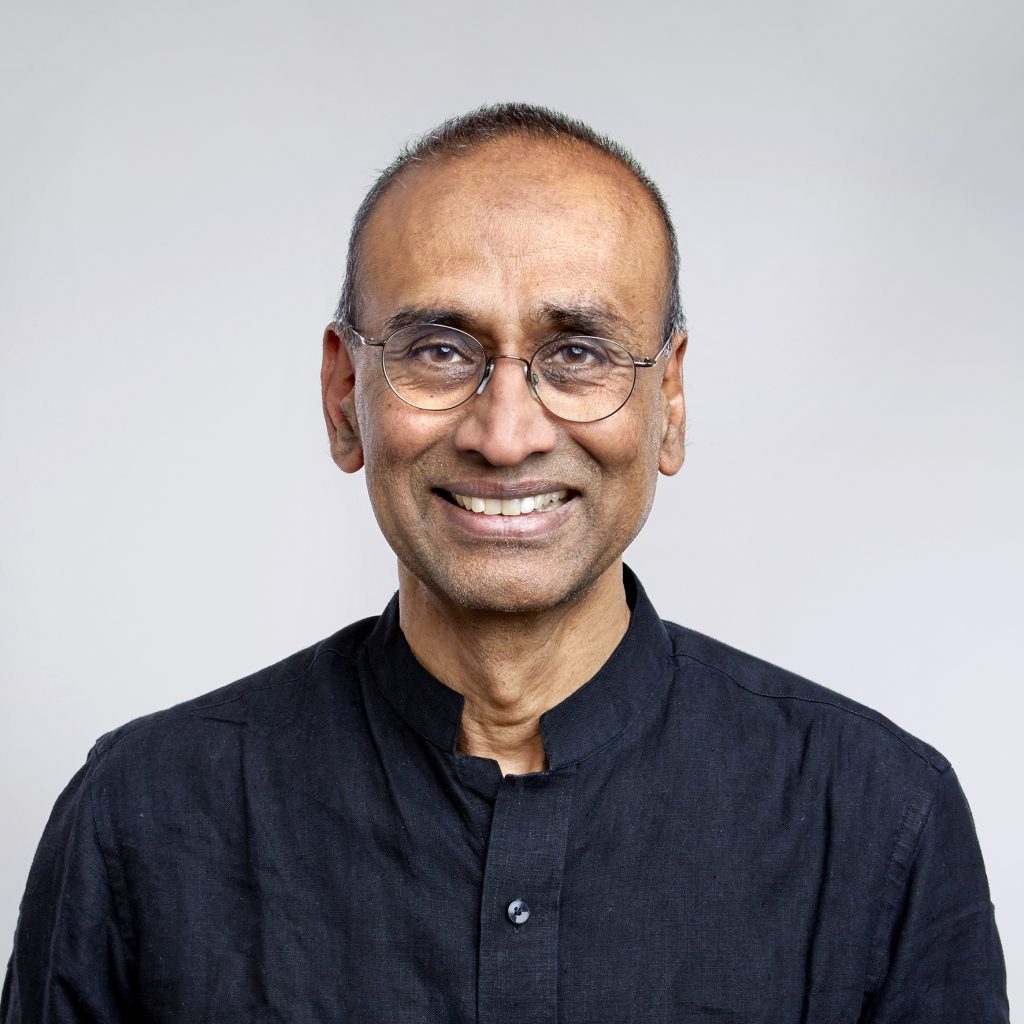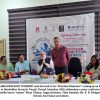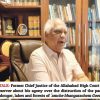Goa is abuzz with excitement as vintage bike and car owners, users, collectors and fans are decking […]

DON’T MIX SCIENCE WITH POLITICS!By Mohana Basu
Feb 11- Feb 17 2023 February 10, 2023By Mohana Basu
Scientist Venkatraman Ramakrishnan points out that the wealth of a country depends on innovation and knowledge: he noted that over the years the share of GDP India spent on science had been declining…
India needs to separate science from politics, and ensure that younger scientists are free to pursue their research and are well-funded, Venkatraman Ramakrishnan, an Indian-origin biologist who was one of the winners of the 2009 Nobel Prize for Chemistry, has said.
He was speaking at the India International Centre in Delhi on Saturday as part of a lecture series.
“What researchers need is reliable and stable funding, coupled with minimal bureaucracy and freedom from interference from an early stage,” Ramakrishnan said.
According to him, one of the reasons why the UK and US do well is because young scientists are given independence – they are not made to work under some senior professor.
“Science should be free from political intrusion,” he added, citing two examples of when politics destroyed science.
In Germany, he said, the Nazis politicised science and ended up driving away some of their best scientists.
Even those who stayed behind could not pursue good science. It took German science back by decades, and it took Germany 50 years to recover, he pointed out.
Similarly, Ramakrishnan gave the example of Russia, where molecular biology took a hit because the communist government did not want the study of genetics to be carried out lest it became a tool for justifying the inherent differences among people.
“This is something that India should pay attention to. It should try to have a barrier between science and politics. They should not be closely connected,” he added.
According to Ramakrishnan, since politicians were elected representatives of the people, they had the right to choose the priority areas that science should work on. However, once such priority areas were identified, things should be left to a panel of top experts to decide the best way to carry out the science.
‘Science is a long-term investment’
Talking about the Union Budget this year, Ramakrishnan said Indian scientists had reason to be disappointed, because the budget for science has shrunk at a time when that for research on AYUSH (Ayurveda, Yoga, Naturopathy, Unani, Siddha and Homeopathy) has increased.
“Science is a long-term investment, and politicians like to think in five-year cycles. What politicians do not realise is what is at stake here,” Ramakrishnan said, noting that India’s share in the world Gross Domestic Product (GDP) was decreasing.
He further said that while most historians link Europe’s economic wealth to its history of colonisation, that alone can’t explain the prosperity of certain countries.
He argued that the wealth of a country depended on innovation and knowledge. He also pointed out that in the last 15 years, the share of GDP that India spent on science had actually declined.
“The richest countries in Europe like Switzerland, Germany and Sweden had almost no colonies. However, countries like Portugal and Spain – which had many colonies – became among the poorest,” Ramakrishnan observed.
The main reason, he said, was science, innovation and technology.
He also added that implications of the scientific knowledge derived today may not become apparent for a long time.
Ramakrishnan gave the example of Einstein’s theory of relativity – noting that its application in adjusting satellites today would probably not have been envisaged by Einstein himself.
“It took almost 100 years for Einstein’s theory to be put to practical use,” he pointed out.
He also noted that Newton’s laws of motion, proposed 300 years ago, are the basis for launching satellites today.
He went on to explain that the world was able to develop Covid vaccines in record time because the science behind them had been in development for centuries.
(Edited by Nida Fatima Siddiqui)
Courtesy: The Print















